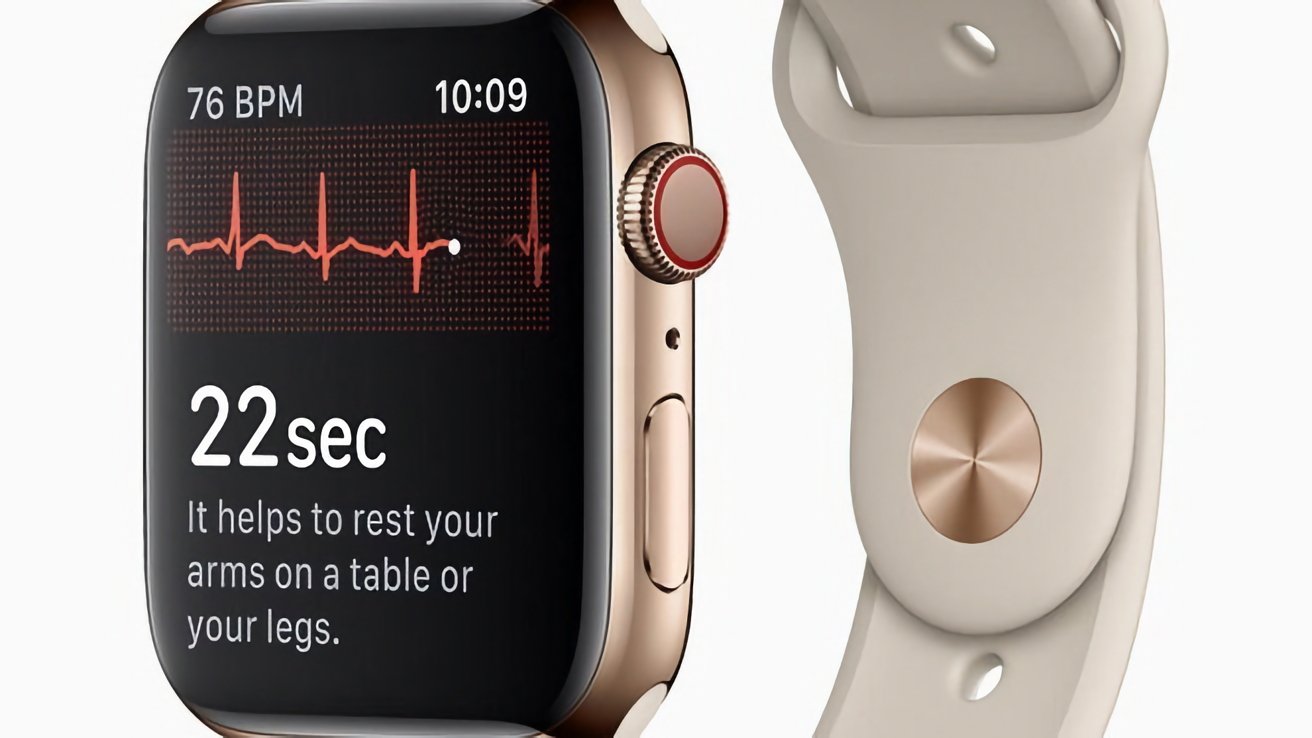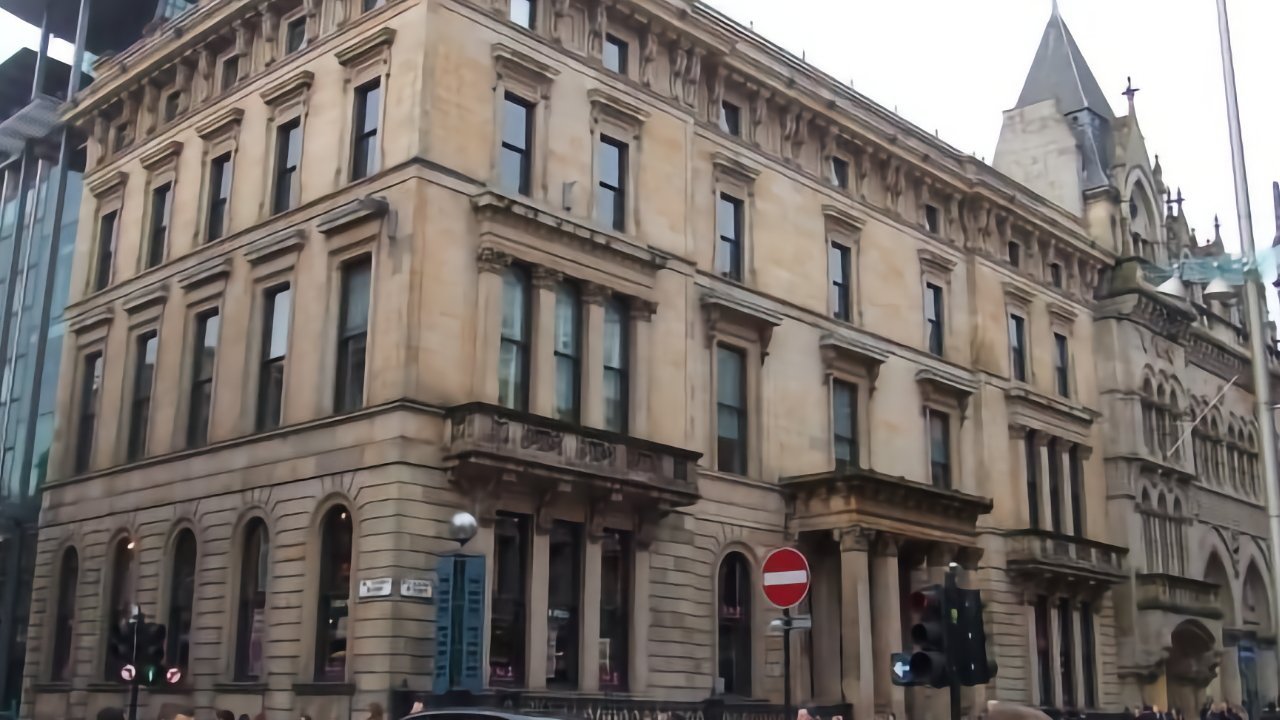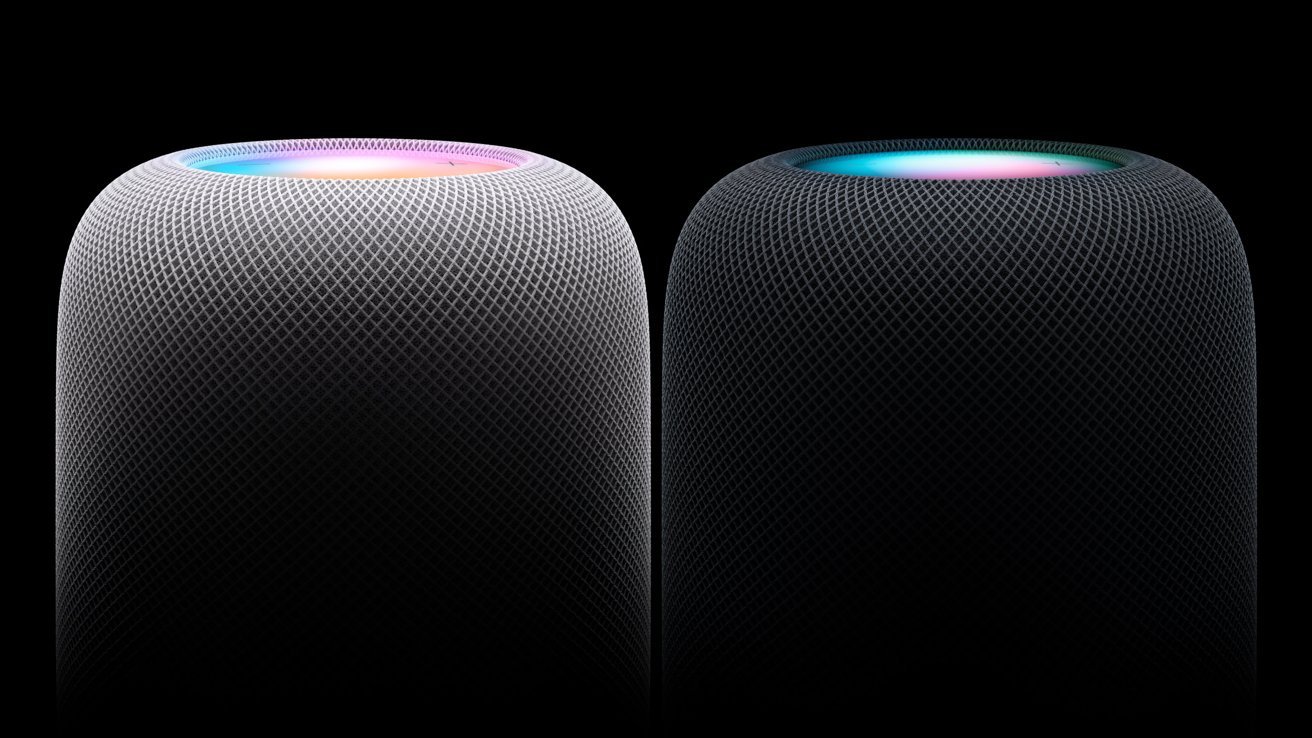Article Hero Image

AppleInsider may earn an affiliate commission on purchases made through links on our site.
Despite not launching any devices, Apple had a surprisingly packed month fighting for the Apple Watch, while Jony Ive helped out with charity, and Rihanna played the Super Bowl for Apple Music.
Honestly, you're lucky to still be wearing an Apple Watch. Wild claims in February 2023 did not quite reach the stage of saying you had 24 hours to turn in your Watch to the authorities, but there was serious talk of a ban on Apple selling new ones.
It was serious in that the ban was always described very seriously, and it was based on word from the White House. Or rather, it was based on how the White House pointedly did not say a word.
Following a long International Trade Commission (ITC) legal case brought against Apple by medical firm AliveCor, the Biden Administration had the option to weigh in. The ITC says Apple is guilty of infringing on AliveCor's patents regarding heart rate monitoring.
As a consequence of that conclusion, the ITC did rule that Apple Watch sales should be banned in the US. However, such a ruling has no effect until after a 60-day Presidential Review period.

Those 60 days went by without President Biden saying one thing or the other, so the ITC's ruling stands.
Except.
To no one's shock, Apple isn't giving in and instead continues to argue that AliveCor's patents are invalid anyway, so there. Apple actually won that argument in court — and so AliveCor is appealing.
So there definitely is a ban on the Apple Watch, except there isn't and can't be until all of the appeals have been heard. A decision will be reached, or more likely a compromise, but it's going to take so long that the 60-day Presidential Review will seem like a minute and a half.
America versus Apple
The President could have stepped in during that review period and said no, there won't be a ban. President Obama did exactly that in 2013 when the ITC called for a ban on certain older iPhone and iPad models.
Times have changed, though, and the court of public opinion against Big Tech, including Apple, has changed enough that politicians are weighing in. During the State of the Union this month, for instance, President Biden included a call for antitrust action against big technology firms.
Even before that speech, the National Telecommunications and Information Administration (NTIA) was saying Apple and Google should be forced to have multiple third-party app stores.
The NTIA says there should be more app stores, and the President calls for action, but you'd be forgiven for thinking no one actually does anything.
You'd be wrong, though, because this month we learned exactly how much, and how effectively, big tech firms like Apple can shape laws behind the scenes.
Specifically, we learned the details of how the lobbying efforts of major technology firms, including Apple, scuttled New York's Right to Repair legislation. Announced in December 2022, it was immediately recognized as being "toothless," not to say pointless, but now we got to see just how the watering down was done.
Apple was far from the only firm pressing for concessions that rendered the final law worthless, but it's still hard to keep in mind at the same time that Apple is the most admired company in the world.
According to Forbes, it's been the most admired for 16 straight years.
On the good side

Still, Apple in February did officially recognize that its Apple Glasgow staff have unionized, so that's admirable. Even if it took a long time and Apple doesn't appear to have exactly abandoned its generally anti-union stance worldwide.
Also in good news, Apple Music brightened up the Super Bowl for all the plus-ones in the stadium, and the people at home wishing they could escape to the den. The half time show was Rihanna, and one fun but statistically dubious study said the show went down better than the game.
Then, too, Apple stood out from pretty much all other technology firms in February 2023 for how they laid of thousands upon thousands of workers — and Apple didn't.
Apple managed that better than its competitors by, well, managing it better than its competitors. Where they had staffed up over the COVID years and thereby given people employment in tough times, Apple did not, and so it had no one to lay off.
Except possibly for an unknown number of contractors.
Speaking of jobs
While the US saw mass layoffs, other countries were faring a lot better. This is one of those cases where an announced increase in jobs takes up to several years to actually happen, but at least there were announcements.
So for instance, India did nicely this month with Apple supplier Salcomp saying it's going to double its local workforce to 25,000 in the next three years.
News of other job creation in India was to come in early March, but toward the end of February, there was a problem. Apple's Lightning cable factory in India's Tirupati district was crippled by a fire that caused part of a building to collapse.
But then over in the UK, there were two jobs. And they both went to Jony Ive.

One was the rather serious commission to design the Royal Emblem for King Charles's coronation. That's the same coronation that some sources say star musicians are turning down the invitation to perform there.
And the other job by Jony Ive and its team at LoveFrom that was announced this month, was for the actually just as serious Comic Relief charity. Every year, Comic Relief is promoted by people wearing red noses, and every year the charity gets the noses subtly redesigned so that no one can just pop on an older one without being noticed.
This year's redesign was unquestionably the most thorough and elaborate in the charity's history, and it is a gorgeous piece of work.

Great design. That's what Apple, and ex-Apple people, are always truly admired for.
Or almost always. This month various emergency services continued to complain about false reports from Apple's Crash Detection feature.
But then without it, other first responders would not even have been able to find a crashed car in time, after it was flung 60 feet from the road and into bushes.
Then while it was announced in January, it was February when the revamped HomePod arrived in buyers' hands. And Apple revealed that, really, it was only brought back because of public demand.

Forget the public, though — even repair engineers were impressed with the new HomePod. Maybe Apple didn't have to water down that New York Right to Repair bill after all.
And then maybe Apple won't have to pay a $39 billion fine that the European Union is threatening to bring over alleged antitrust practices with Apple Music.
Just as with the Apple Watch patent case, though, it's going to take a long time for that to be decided in the courts.
In case you think legal cases never end, though, there was one that actually concluded this month. Russia's Federal Antimonopoly Service (FAS) originally said in 2021 that it was going to fine Apple $12.12 million for alleged abuse of the App Store's dominant position.
Apple tried to get out of it, but you can't outrun the law forever. In February 2023, Apple paid its fine.
And that's probably going to be on Tim Cook's mind for years, as to pay the fine, Apple had to surrender the equivalent of slightly less than an hour's profit.